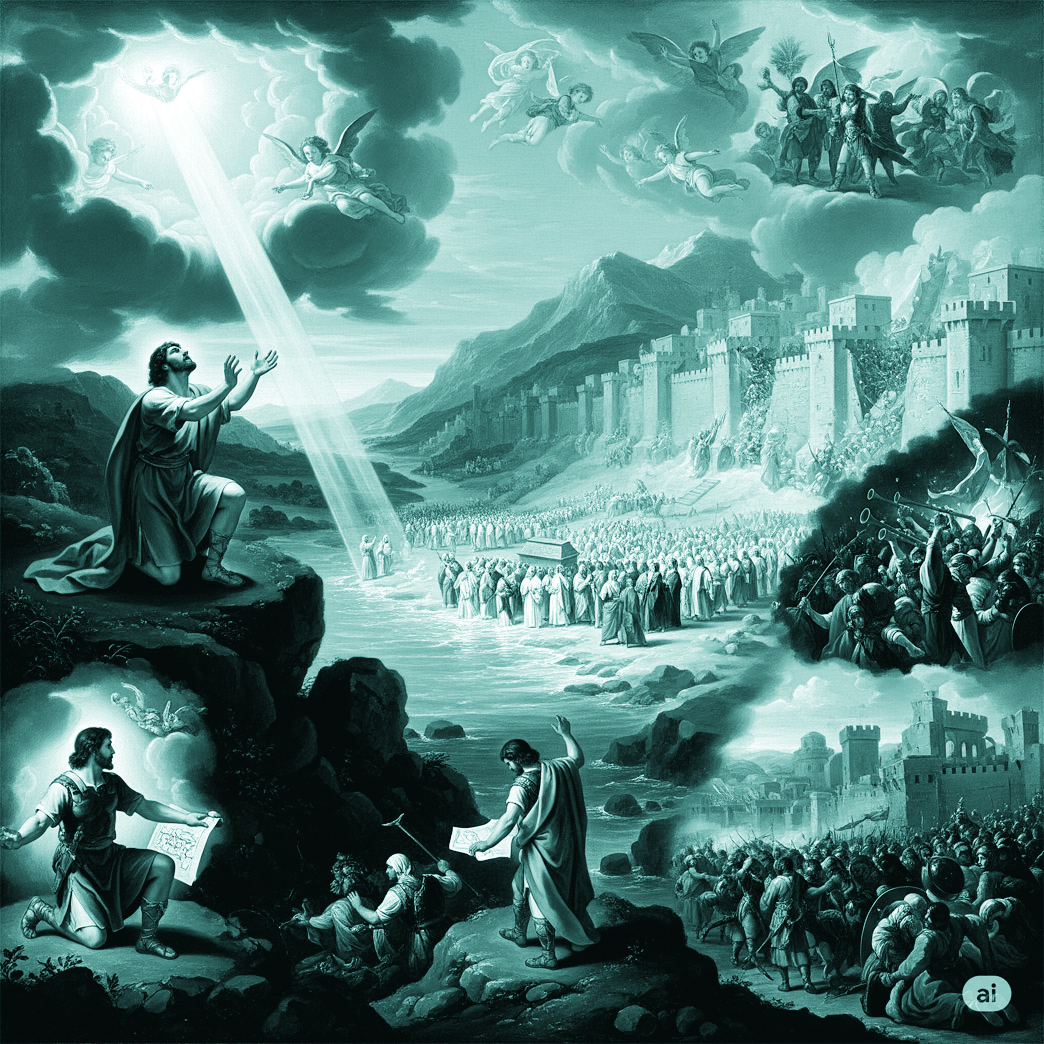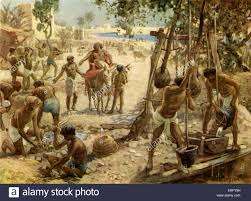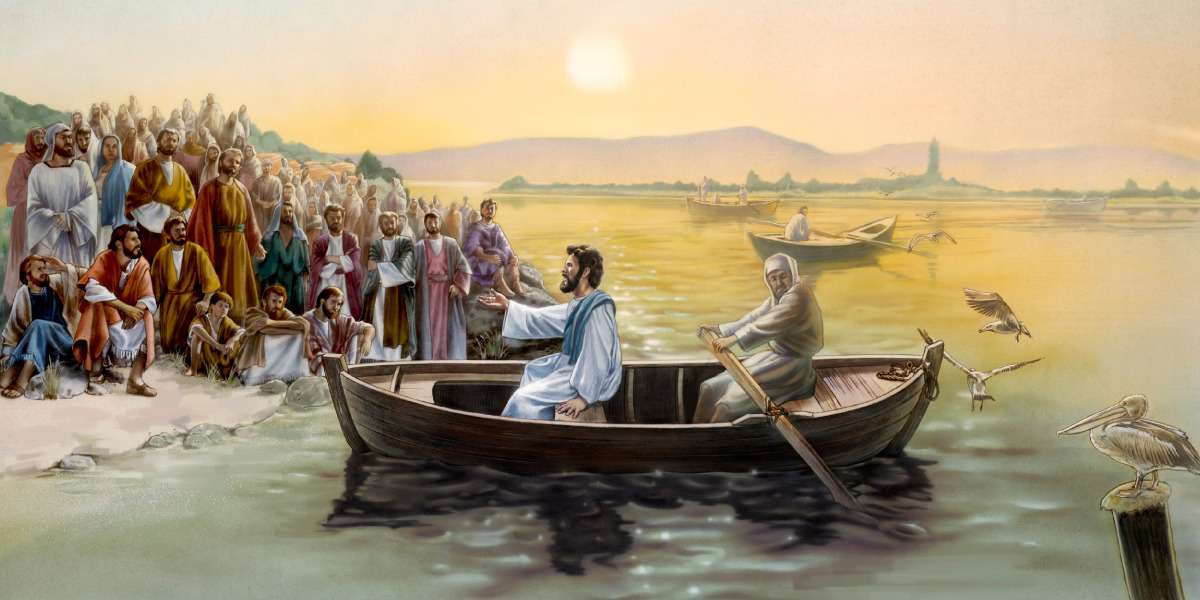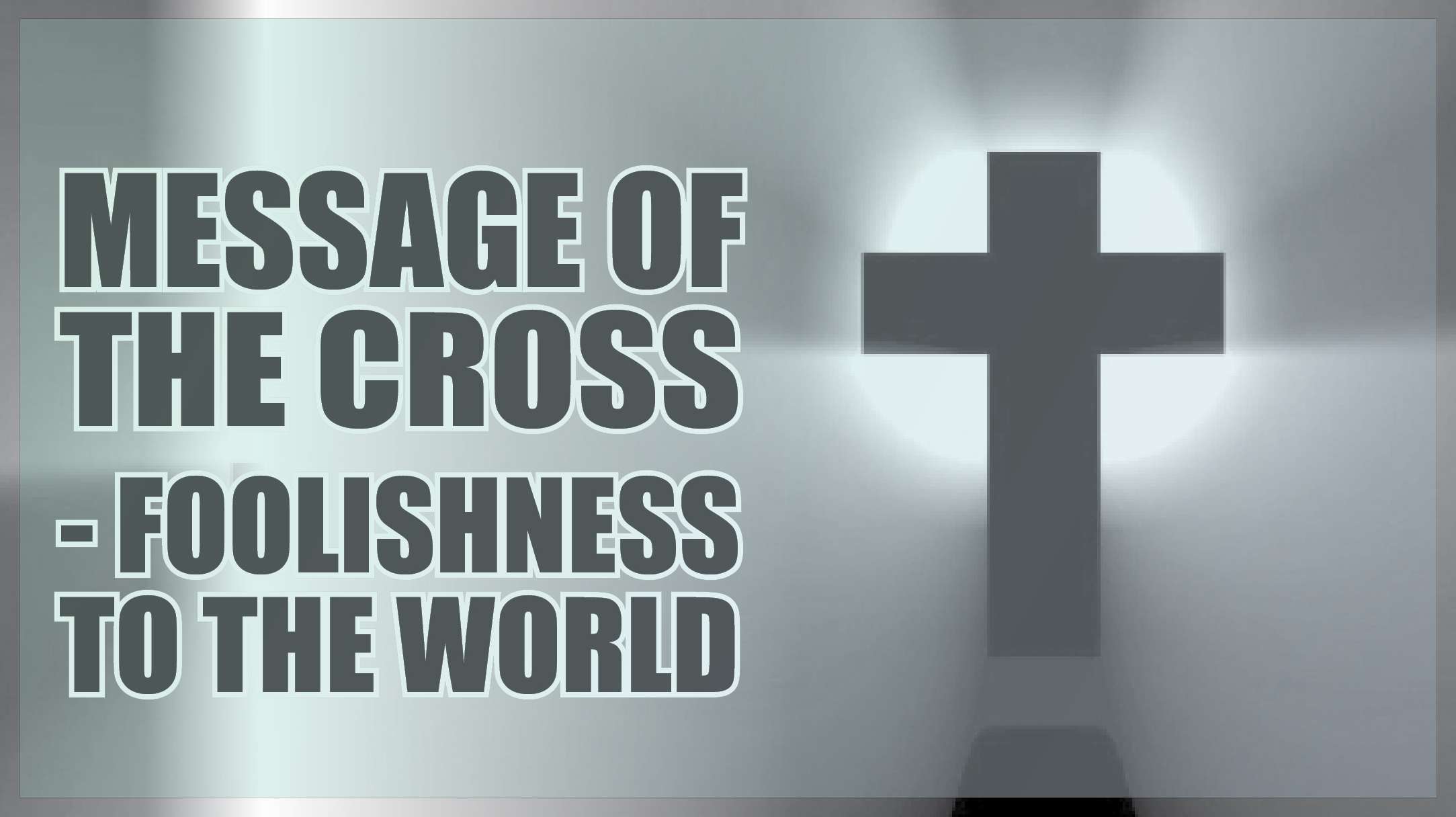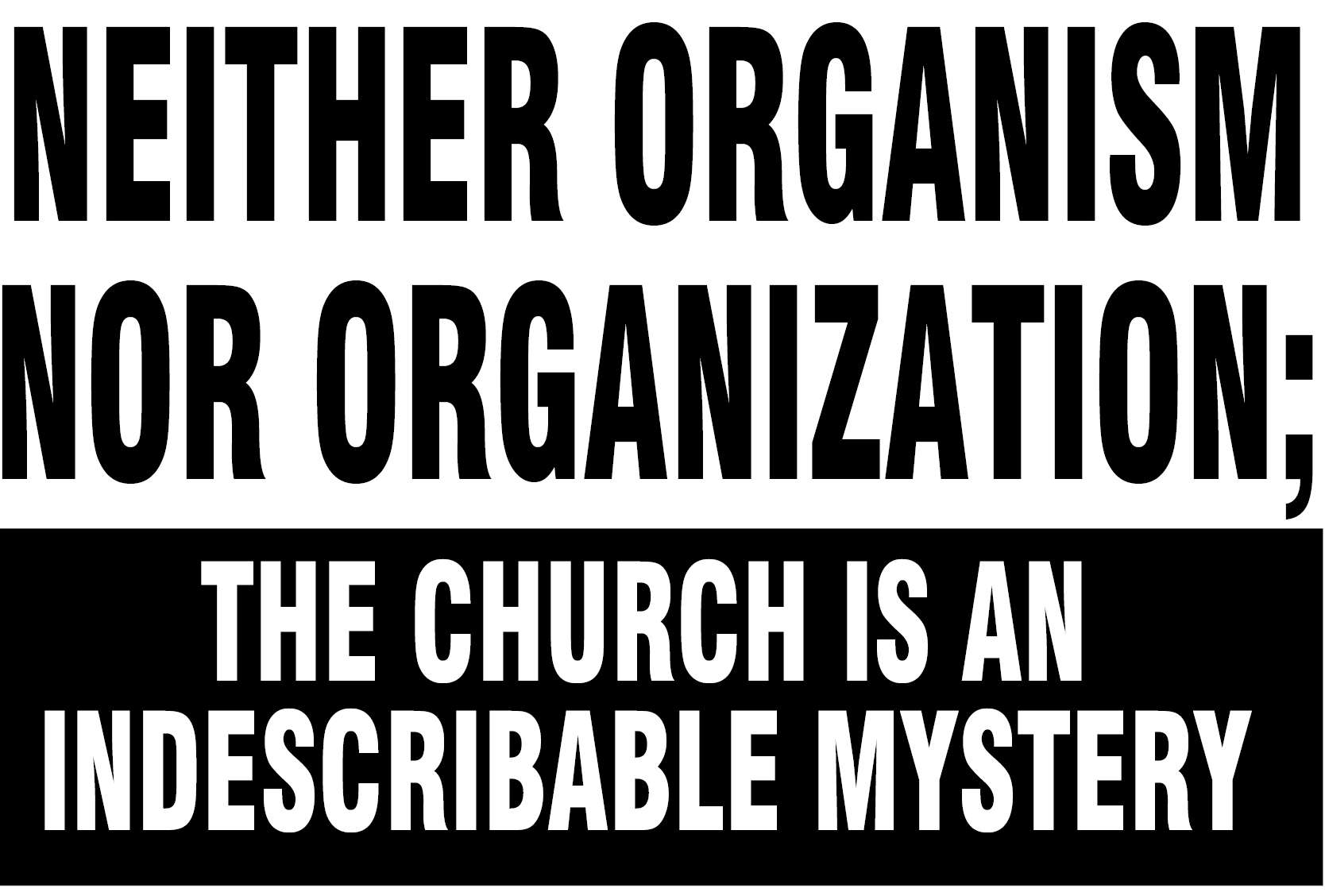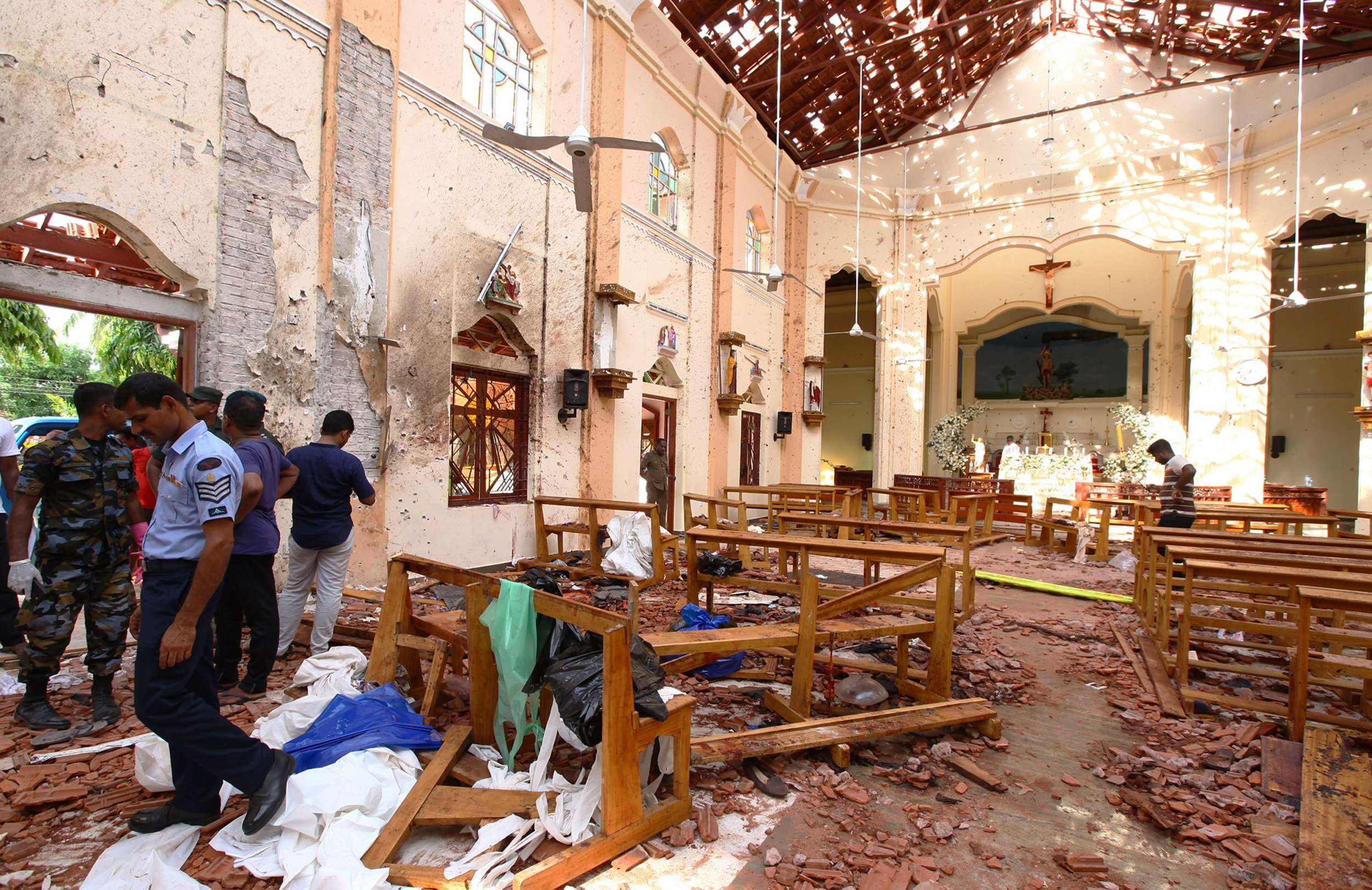

Why Church is Persecuted Today ?
Dr. J. N. Manokaran
Persecution is a familiar word for Christians. Lord Jesus Christ told the disciples that the world hated him and the same world would hate his disciples also. (John 15:18-19) God so loved the world (John 3;16) and the world responded with so much hate that Son of God was crucified. To expect accolades, rewards, and honour from the same world is to expect juicy sweet fruit from a neem tree. Peter also terms that persecution is part of Christian call: "For to this you have been called, because Christ also suffered for you, leaving you an example, so that you might follow in his steps." (I Peter 2:21) Paul also reminds us of persecution as he writes to Timothy: Indeed, all who desire to live a godly life in Christ Jesus will be persecuted." (II Timothy 3:12)The New Testament Church as recorded in the Acts of Apostles by Luke provides us some insights regarding the kinds of persecution and how to handle them.
In India, there are so many reports of persecution from different parts of the country. Christians are being targeted and attacked. For media, it is no more news, but a routine status update.
In the Bible also we see patterns of persecution, that is applicable and relevant today.
Political
People in power are scared of dissent. They are not willing to lose power, and want to retain their dominance at any cost. So, any dissent, any rebellion and any potential threat should be eliminated. Egypt was a superpower in the ancient times. The Children of Israel were slaves in Egypt. However, Pharaoh and the ruling elite found their numbers as threat. Hence, they devised ways and means to oppress them. They appointed task masters and were drafted to do heavy toilsome work. (Exodus1:8-14). Nevertheless, the Israelites multiplied. Now, they devised another strategy. Pharaoh commanded the midwives to kill male children but spare the female children. (Exodus 1:15-22) Through out history, the dominating political class were afraid of the under-class or minorities. They devised methods to oppress them so that they do not grow up to full potential and also rebel against them.
Herod was threatened by the Wise Men who came to pay homage to the New Born Jesus. He felt that he was deceived by the Wise Men from the East and there was a conspiracy against him. Paranoid Herod killed innocent children, (Matthew 2:16) Insecure Herod thought he eliminated the future King by killing innocent children in Bethlehem.
Herod also was a shrewd ruler. (Mark 6:14-19). Herod wanted to please his second wife whom he had seduced. His wife cunningly demanded the head of John the Baptist, as price for speaking against her. To please her and the guests who were gathered in the party, Herod ordered the beheading of the prophet. Apostle James also was beheaded by Herod. (Acts 12:2) The reason was that he should please people especially Jews, so that he could continue in power without opposition or dissent. Instead of doing what is right or just, Herod was doing what would retain him in power.
Politics is for governance and welfare of the people. However, people in power want to retain the power even if it means to do injustice and oppress people. In India today, political leaders create scape goats in minorities, hatred towards them and channelize the anger towards persecuting the minorities. Like Pharaoh, the insecure politicians cry: "We are in danger."
Minority prosperous communities are easy targets of wily politicians. Jews were prosperous minority in Germany and other parts of the Europe. Hitler mesmerized the people stating that people are poor because the wealth is in the hands of Jews, so they should be annihilated. Kashmiri Pandits were prosperous in Srinagar (Jammu & Kashmir), they were targeted and persecuted. In Orissa the Christian tribals were far ahead of non-Christian tribals in terms of education, hygiene and even jobs. Christian tribals were persecuted.
Christian serve the community in various ways. Schools are one of the means of service. Education opens the minds of people to know truth. When education frees people from slavery to superstitions, deceptive godmen and black magicians; the control of politicians over people is lost. Hence, politicians target Christians as soft target to retain power over people.
Economical
People love to have regular income. They are not worried, how the income comes. Demetrius, a silver smith in the city Ephesus saw a threat to his business of selling silver idols of Diana. (Acts 19: 23-27) He gathered other business people and instigated riots against Paul. In India, many people including tribals come to Lord Jesus Christ. After becoming disciples of Lord Jesus Christ, they stop drinking alcohol. The alcohol business persons instigate people against Christians and begin persecution.
Lord Jesus Christ drove the business people from Temple of Jerusalem.(Mathew 21:12-17) The chief beneficiaries of this illegal business were the High Priests. Hence, these Priests instigated the people against Lord Jesus Christ that resulted in the crucifixion of Lord Jesus Christ.
Paul delivered a girl who was demon possessed. When slave owners of this girl realized they lost their income through that girl, they instigated violence and court case against Paul and Silas. That resulted in the imprisonment of Paul and Silas. (Acts 16:16-24)
People who come to Christian fold are reformed. They stop evil practices like drinking, expensive rituals etc. They also start living clean and healthy. This breaks the poor Christians from the slavery of private bankers. Now, poor Christians do not have any need to borrow, for genuine needs, they get help from the community. This economic independence attracts persecution from vested interests.
Social
Lord Jesus spoke in Aramaic language, the common people could easily understand. So, he was popular with the masses. In India, the religious scripture are in sacred languages like Sanskrit, Arabic, Pali, or Gurumuki. Bible is in all common languages. Hence, the gospel becomes popular. Like the Priests who handed over Lord Jesus to Pilate to be executed, (Mark 15:10), religious leaders create social tension.
Gospel challenges the social oppression. For example, the Devdasi system, that allows a girl to be married to deity and made to serve as sex slave for all men who visit the temple. When the gospel is preached, the parents do not want to dedicate their girls as devdasi. This causes social tension and Christians are persecuted.
"The Channar Lahala or Channar revolt refers to incidents surrounding the rebellion by Nadar climber women asserting their right to wear upper-body clothes against the caste restrictions sanctioned by the Travancore kingdom, a part of present day Kerala, India. In Travancore, Cochin and Malabar, no female was allowed to cover their upper part of the body in front of Upper castes of Kerala until the 19th century. Under the support of Ayya Vaikundar, some communities fought for their right to wear upper clothes and the upper class resorted to attacking them in 1818. In 1819, the Rani of Travancore announced that the lower castes including the Nadar climber women have no right to wear upper clothes like most lower non-Brahmin castes of Kerala. However, the aristocratic Nadan women of the region were exempted from this restriction. Violence against Nadar climber women who revolted against this continued and reached its peak in 1858 across the kingdom, notably in southern taluks of Neyyattinkara and Neyyur. On 26 July 1859, under pressure from the Madras Governor, the king of Travancore issued a proclamation announcing the right of Nadar climber women to wear upper clothes but on condition that they should not imitate the style of clothing worn by upper class women. Though the proclamation did not quell the tension immediately, it gradually subsided as the social and economical status of Nadar climbers progressed in subsequent decades with significant support from missionaries and Ayya Vaikundar."
Cultural
Lord Jesus healed on the Sabbath day. (Mark 3:1-6) According to Jewish religion and culture, no work should be done on the Sabbath Day. The healing was considered as work and Jews wanted to kill Jesus for not following the tradition.
The Circumcision party wanted the Gentile converts to Christian faith to circumcise. (Acts 15) These people considered the culture supreme to the Scripture. In the name of culture, people are kept under bondage. Child marriage is a cultural practice in many parts of India. Children are married off, even when they do not understand marriage or family life. The people who follow Lord Jesus Christ refuse to give their children for marriage until they attain the legal marriageable age. This is seen as cultural violation and so Christians are persecuted.
Religious
Paul and Barnabas went as missionaries to Derbe, Lystra (first missionary journey). In Lystra, God used them and people perceived that they were gods in human form. (Acts 14:12) In both these cities, unbelieving Jews poisoned the minds of the people and instigated the crowd against the apostles. (Acts 14:2, 9) The Jewish leaders persecuted the early Church. Religious leaders oppose gospel work as they are insecure of losing their members. When religious leaders lose their power over people, they are scared and instigate persecution against politicians.
Challenge
The world is an imperfect place. The people are sinners who like in spiritual darkness. The Church is the light in the world. The people instead of loving light, hate light. The result is persecution of Christian community. Christians should remember that our fight is not against flesh and blood, meaning people but spiritual forces that instigate them. (Ephesians 6:12) Satan and his demonic angels always work against God and people of God. However, the ultimate victory belongs to God and His people. The suffering is temporary and it is not comparable with the eternal glory we are promised. (Romans 8:18)

